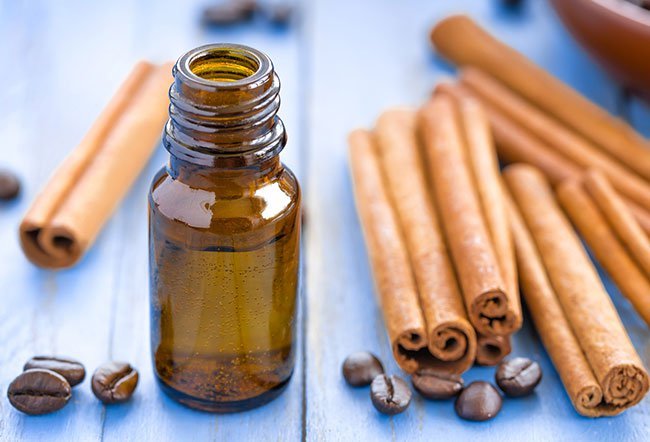How Do You Get Rid of Ants in the Kitchen?
17 Home Remedies

Ants are the uninvited guests we have in our kitchens. Those little, pesky creatures invade almost everything and are slow to leave. These ants come and contaminate foods, but the most common species in the United States generally do not cause any health hazards. There are many safe ways to get rid of ants in the kitchen instead of using those harmful pesticides. 17 Natural ways to get rid of ants in the kitchen include:
- Sealing all the cracks and gaps around windows, doors, and pipes
- Discarding all sources of spilled food particles
- Wiping up ants’ chemical trail using soapy water or vinegar mixed with a water solution
- Vacuuming the ants trapped in the kitchen and discarding the bag at the end
- Repairing leaky sinks and pipes
- Removing the trash from the kitchen at the end of each day
- Storing food, such as snacks, sugar, syrup, honey, and pet food, in well-sealed containers
- Wiping spills and cleaning counters, tables, and floors with a microfiber cloth or paper towel
- Regular cleaning of floors and kitchen appliances to eliminate grease and crumbs
- Looking for small piles of sawdust and moisture-damaged wood inside walls of the attic, basement, bedrooms, other rooms, windows, and skylight
- Using citrus-based cleaners, peppermint soap, cayenne pepper, or cinnamon to remove the invisible chemical scent trail ants leave for other ants to follow
- Using aerosol sprays that include naturally occurring substances such as limonene, phenylethyl propionate, thyme oil, hot pepper extract, cinnamaldehyde, neem oil, clove oil, linalool (from mint and citrus plants), and allyl isothiocyanate (a garlic extract) can be sprayed on the ant nest. However, the use of aerosol sprays is generally not recommended because it may cause more harm than benefit to the people
- Keeping your pet’s food and water bowl outside the home, making sure that the pet’s bowl remains clean, and always cleaning up spilled food or water promptly
- Elevating any potted plants inside a larger bowl full of water and detergent, keeping them above the waterline
- Sprinkling diatomaceous earth on the ants may dry them out by absorbing oils in their skeleton. Follow the package directions before using it as an ant killer or directly sprinkle it on ants. Be cautious while handling diatomaceous earth due to its irritant nature
- Pouring boiling water into ant holes will immediately kill many of the ants inside. Boiling water may not destroy all the ants. There is a potential risk of personal injury when using boiling water, so be cautious while using boiling water
- Ant baits contain insecticides mixed with materials that attract worker ants looking for food. Ant baits contain carbohydrates, proteins, oils, or a combination of these as attractants along with an active ingredient
- The chart of common ant bait products
| Active Ingredient | Example product name | Formulation | Application | Bait |
| Avermectin B (abamectin) |
|
|
|
|
| Borate-based products |
|
|
|
|
| Fipronil |
|
|
|
|
| Hydramethylnon |
|
|
|
|
